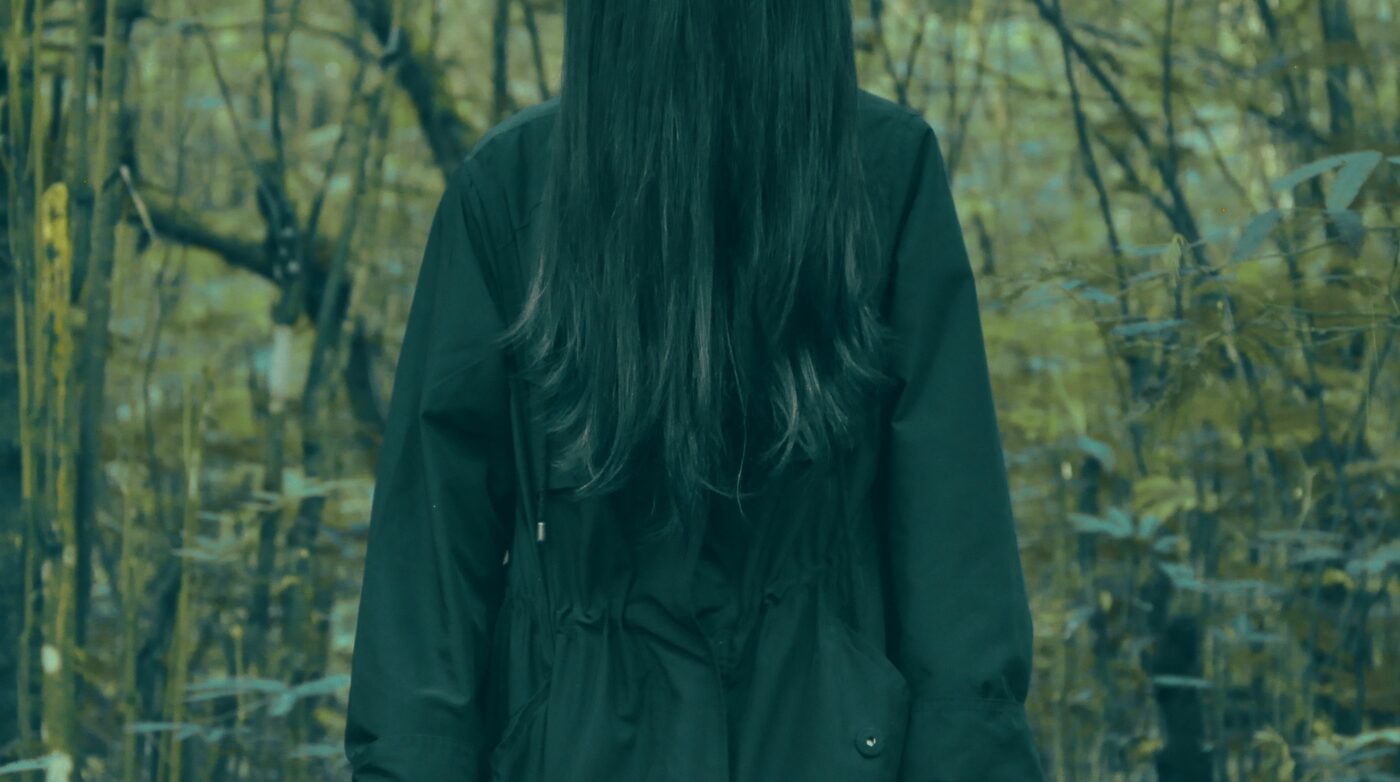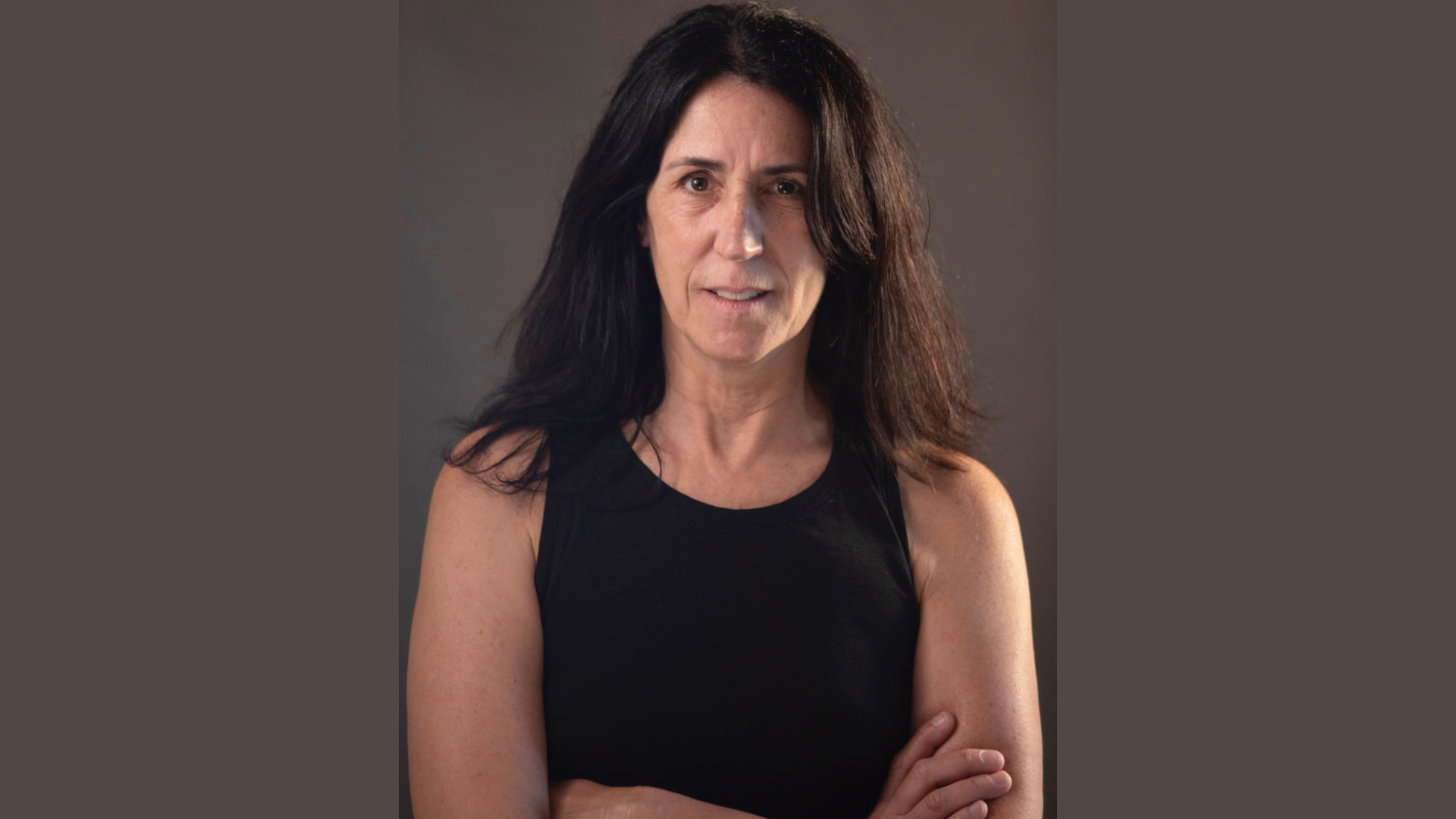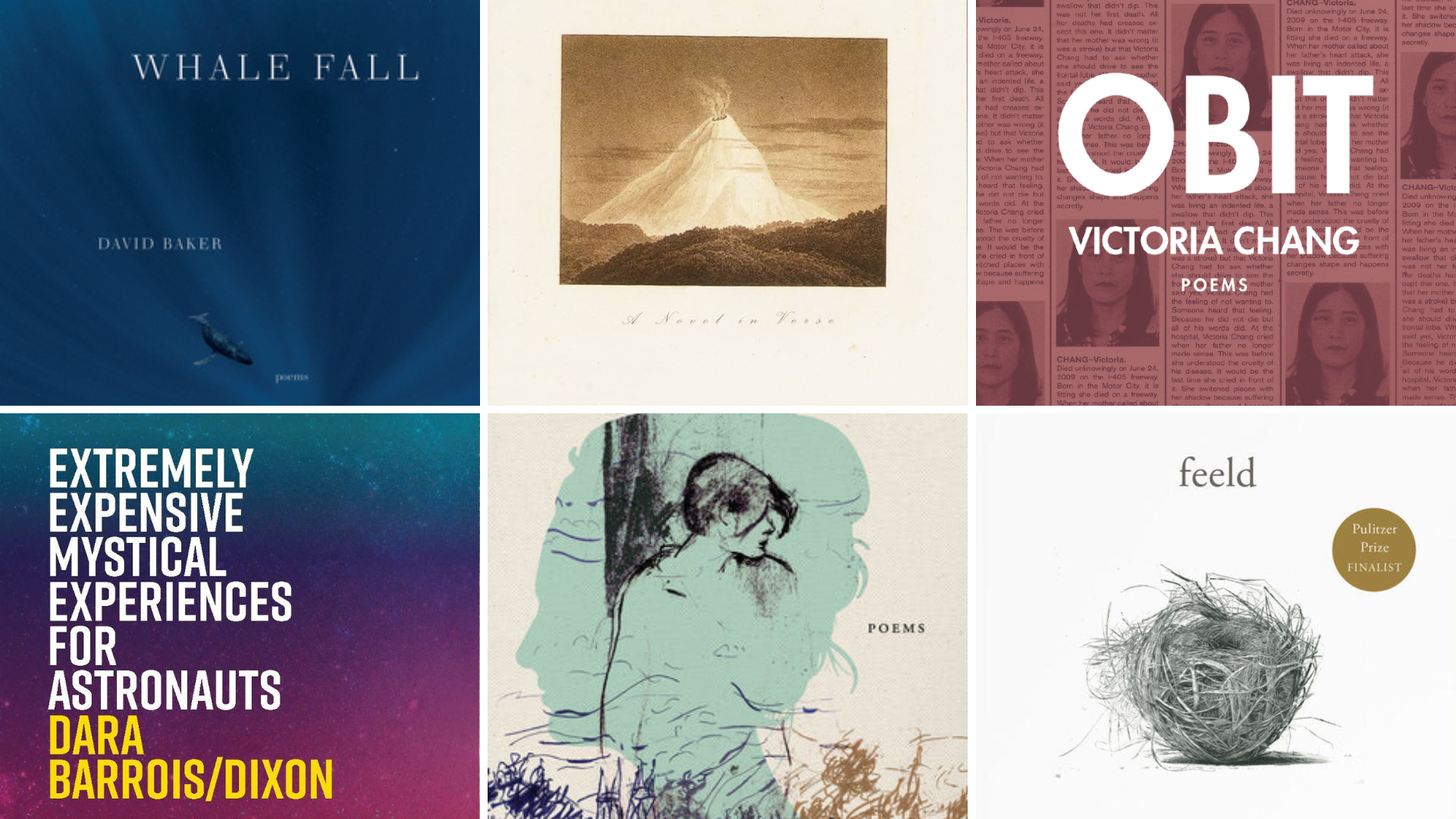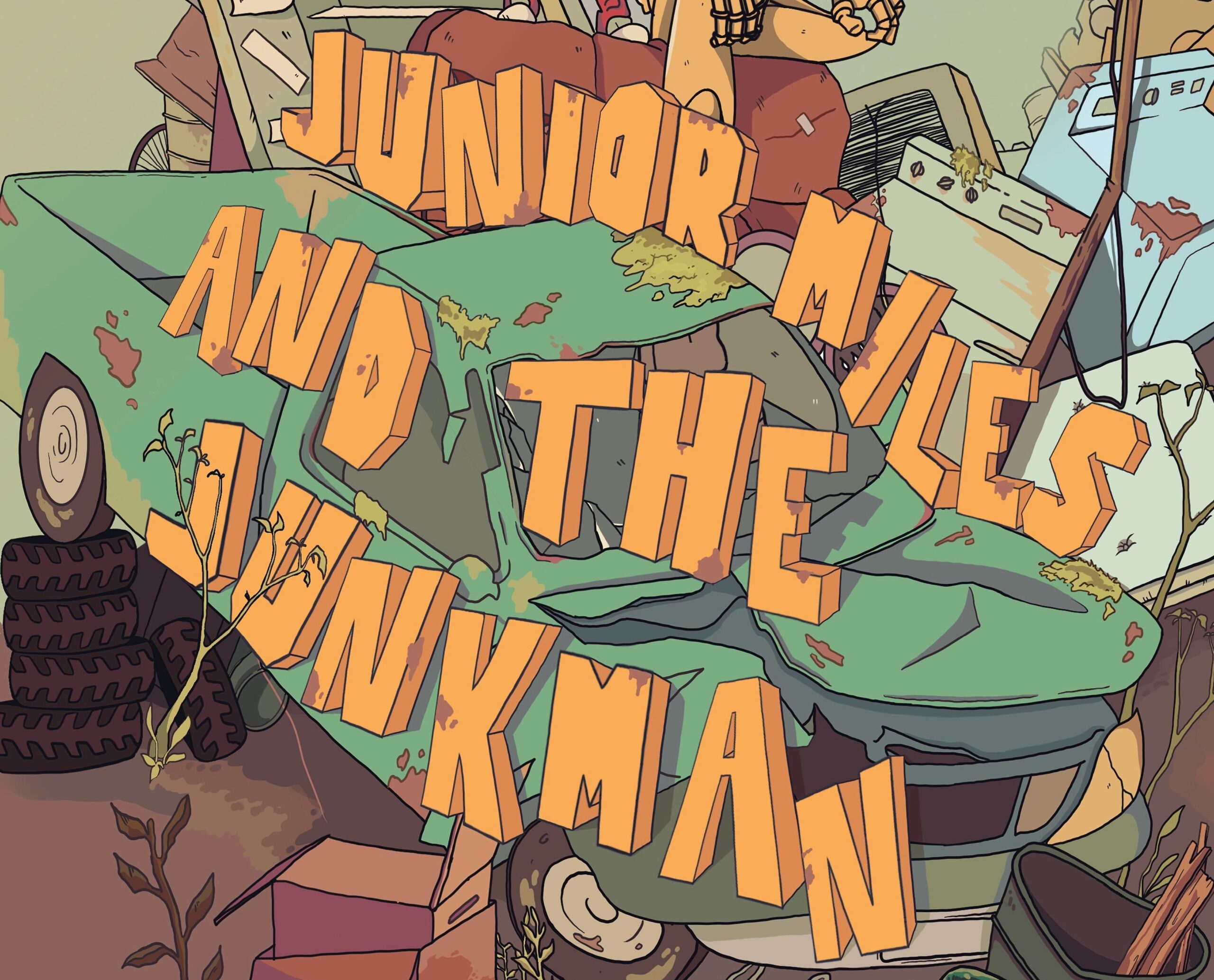
“April is National Poetry Month. What better way to celebrate than with the Thursday Poets! Watch for us every Thursday as we offer poems and insights that help connect us to the community and beyond.”
Halloween is never far away when you live and work in Salem. It’s a pervasive cultural event that is always in the background, hovering, waiting. It’s hidden behind every doorway, stalking in every shadow. Even in the fierce spring sunshine of April, there are those who are counting down the days until it’s October.
In honor of the perpetuality of October, and National Poetry Month, here are some of my favorite poems of horror, mystery and suspense.
There Will Come Soft Rains
Sara Teasdale
(War Time)
https://poets.org/poem/there-will-come-soft-rains
There will come soft rains and the smell of the ground,
And swallows circling with their shimmering sound;
And frogs in the pools singing at night,
And wild plum trees in tremulous white,
Robins will wear their feathery fire
Whistling their whims on a low fence-wire;
And not one will know of the war, not one
Will care at last when it is done.
Not one would mind, neither bird nor tree
If mankind perished utterly;
And Spring herself, when she woke at dawn,
Would scarcely know that we were gone.
Teasdale starts out with lovely, soft spring imagery a delight for the senses. Then she punches you in the gut with humanity’s destruction in the last 2 stanzas. Nature doesn’t care. Nature goes on beautifully without humanity. Teasdale wrote this poem during World War I, which is alluded to in the subtitle. It inspired Ray Bradbury’s short story by the same title, about a city in California wiped out by a nuclear disaster.
Robert Frost’s The Witch of Coos
tells the story of what “the dead are keeping back”
https://www.poetryverse.com/robert-frost-poems/the-witch-of-coos
SON: You wouldn’t want to tell him what we have
Up attic, mother?
MOTHER: Bones – a skeleton.
SON: But the headboard of mother’s bed is pushed
Against the’ attic door: the door is nailed.
It’s harmless.
SON: It left the cellar forty years ago
And carried itself like a pile of dishes
Up one flight from the cellar to the kitchen,
Another from the kitchen to the bedroom,
Another from the bedroom to the attic,
Whose bones are these? Frost’s spare words and New England reticence create a gothic horror set in the far north of New Hampshire. The fact that this is a verse drama, a conversation, adds to the eeriness of the poem. Where are the mother and the son having this conversation? When are they having this? The opening lines talk about a mysterious narrator, who stayed the night at the farm, and recorded the conversation. But why did this mother and son think this was a conversation to have in front of a strange?
MOTHER: … It wasn’t anyone who could be there.
The bulkhead double-doors were double-locked
And swollen tight and buried under snow.
The cellar windows were banked up with sawdust
And swollen tight and buried under snow.
It was the bones. I knew them – and good reason.
Mother goes on to identify the bones, and to explain their location with a horrifying matter-of-factness. Frost’s reading of the poem https://vimeo.com/77856469 adds another chilling layer to the mystery.
I started reading poetry as a child, and this poem has haunted me for over 30 years.
The Listeners
BY WALTER DE LA MERE
https://poets.org/poem/listeners
‘Is there anybody there?’ said the Traveller,
Knocking on the moonlit door;
And his horse in the silence champed the grasses
Of the forest’s ferny floor:
And a bird flew up out of the turret,
Above the Traveller’s head:
And he smote upon the door again a second time;
‘Is there anybody there?’ he said.
But no one descended to the Traveller;
No head from the leaf-fringed sill
Leaned over and looked into his grey eyes,
Where he stood perplexed and still.
But only a host of phantom listeners
That dwelt in the lone house then
Stood listening in the quiet of the moonlight
To that voice from the world of men:
De La Mere eerie vignette still leaves me with questions. Who is the Traveller and what is his message? Who is listening to them? The Traveller kept his word, but what did he promise, and why was it so important for him to fulfill that promise? For me, these questions are the heart of the poem, and what keeps me up at night, imagining scenarios and identities.
“The Listeners” is a canvas for wild speculation, and in that unknown place, you can plant the seeds of fear.
Have you read these poems? Do you have any scary poems to share? If so, drop a link in the comments.
 Catherine Fahey : A poet & librarian from Salem, Massachusetts. She is the author of the chapbook The Roses that Bloom at the End of the World (Boston Accent Lit, 2018). Her work appears in Gargoyle, Corvid Queen, Coffin Bell, and other journals. She is part of 9×5, an anthology of 5 new voices by Only Human Press (2022). She is a librarian at Salem State University. www.magpiepoems.com
Catherine Fahey : A poet & librarian from Salem, Massachusetts. She is the author of the chapbook The Roses that Bloom at the End of the World (Boston Accent Lit, 2018). Her work appears in Gargoyle, Corvid Queen, Coffin Bell, and other journals. She is part of 9×5, an anthology of 5 new voices by Only Human Press (2022). She is a librarian at Salem State University. www.magpiepoems.com
See More The Thursday Poets Posts

POETS’ CORNER: “I’ll always remember some of the music,” a Review of Margaret Young’s How Else Can We Know What’s Beautiful? by Jennifer Martelli

Celebrating National Poetry Month with the Thursday Poets







